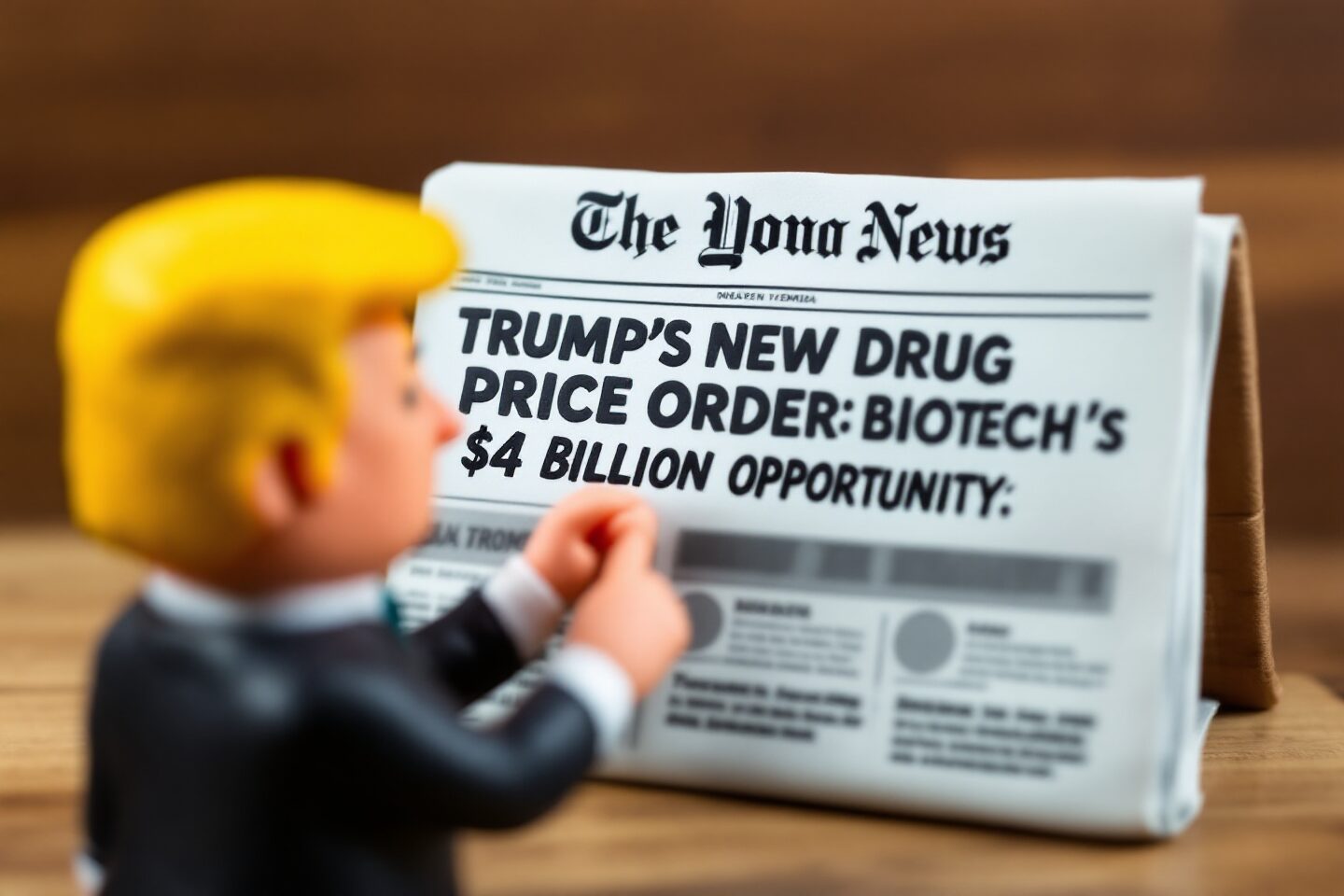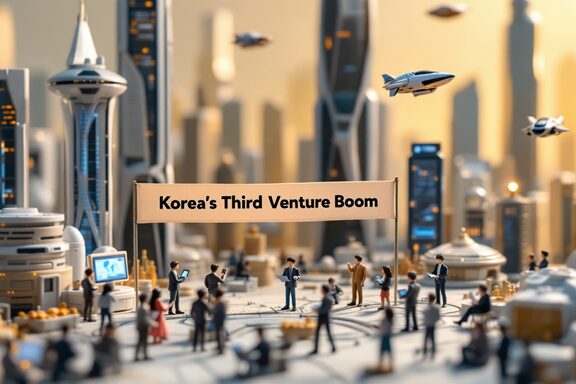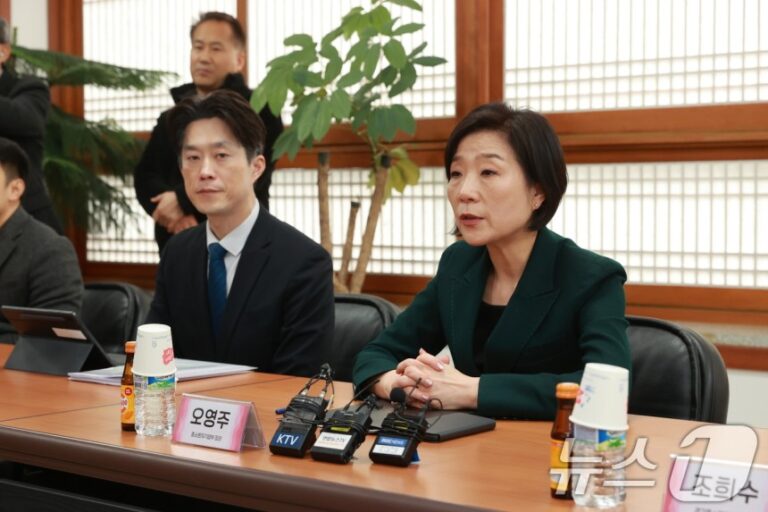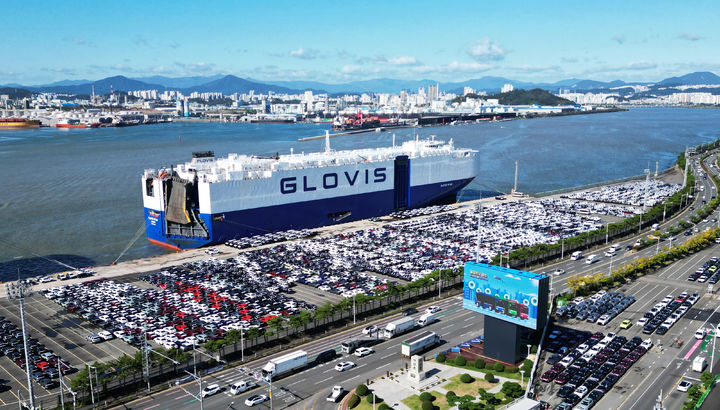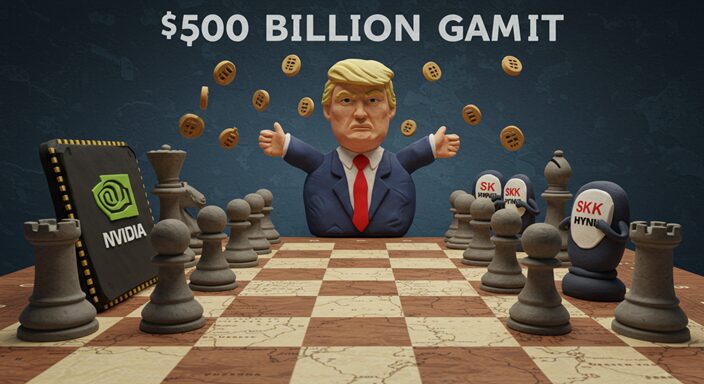Trump’s New Drug Price Order: Korean Biotech’s $4 Billion Opportunity
The pharmaceutical landscape is set for a dramatic shift as President Donald Trump takes aim at prescription drug pricing through a sweeping executive order signed on April 15, 2025. This move specifically elevates biosimilars—lower-cost alternatives to biological medications—into a position of regulatory preference. The policy shift represents not just a domestic healthcare reform, but potentially opens a multi-billion dollar window for Korean biotech giants who have established themselves as global leaders in the biosimilar market. What does this policy transformation mean for pharmaceutical competition, healthcare costs, and international biotech players?
Biosimilar Fast-Track: The Core of Trump’s Strategy
The executive order directly instructs the FDA to streamline guidance and approval processes for biosimilar medications, creating a clearer path to market.
- The FDA must develop simplified guidelines for biosimilar approval, potentially reducing time-to-market for these medications
- The order includes provisions encouraging physicians to prescribe competitive alternatives when clinically appropriate
- Pharmacy Benefit Managers (PBMs) face new transparency requirements to disclose previously hidden fees and rebates that have been criticized for inflating medication costs
Korean Biotech Giants Positioned for Growth
Korean pharmaceutical companies have established a dominant position in the global biosimilar market that perfectly positions them to capitalize on this policy shift.
- Celltrion and Samsung Bioepis, Korea’s biosimilar powerhouses, have already secured significant FDA approvals—Celltrion with 9 approved products (7 currently marketed) and Samsung Bioepis with 10 approvals (6 on market)
- These companies have invested billions in manufacturing infrastructure specifically designed for complex biological medications
- Industry analysts estimate the U.S. biosimilar market could grow to $80 billion by 2027, with Korean firms potentially capturing 5-10% of this expanded market
The PBM Transparency Revolution
The order directly challenges the pharmaceutical middlemen who have operated in regulatory shadows for decades.
- Pharmacy Benefit Managers must now disclose rebates and fees previously kept confidential from patients and providers
- This transparency is expected to expose pricing distortions that have prevented biosimilars from gaining market share
- The reduced influence of PBMs could create more direct market competition based on actual manufacturing costs rather than rebate arrangements
Projected Market Impact
Economic models suggest significant market disruption with reduced prices and expanded access for patients.
- Industry experts project 15-30% price reductions for affected medication categories within 18 months
- Patients with chronic conditions requiring biological treatments could see annual savings of $3,000-$8,000
- The order may accelerate additional private investment in biosimilar development, with Korean firms well-positioned to absorb this capital influx
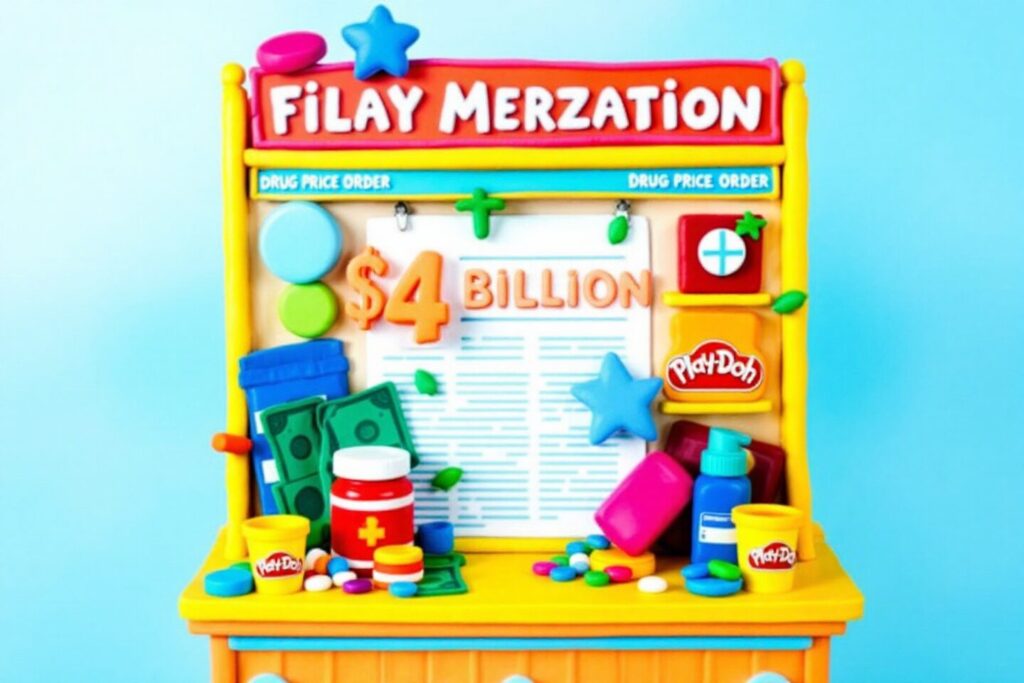
The executive order represents one of the most significant pharmaceutical policy shifts in recent memory. For Korean biotech firms who have patiently built biosimilar development expertise, this regulatory change may finally unlock the full potential of the American market that has historically favored original developers through regulatory complexity and pricing opacity.
Keywords
Biosimilars, Trump Executive Order, Korean biotech, pharmaceutical pricing
Hashtags
#BiosimilarBoom #KoreanBiotech #DrugPricing
한국어 요약
- 트럼프 대통령이 2025년 4월 15일 바이오시밀러를 우대하는 처방약 가격 인하 행정명령에 서명, FDA의 바이오시밀러 승인 간소화 추진
- 셀트리온(9개 제품 허가, 7개 출시)과 삼성바이오에피스(10개 제품 허가, 6개 출시) 등 한국 바이오 기업들이 직접적인 수혜 예상
- 처방약급여관리업체(PBM)의 수수료 공개 의무화로 의약품 중개 시장의 투명성 증가 기대
- 2027년까지 미국 바이오시밀러 시장이 800억 달러 규모로 성장할 전망, 한국 기업들이 5-10% 점유 가능성
